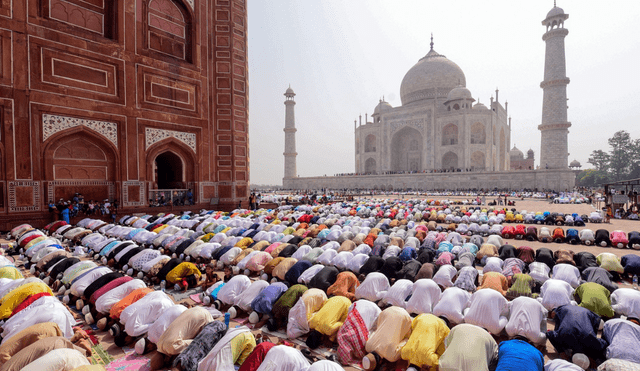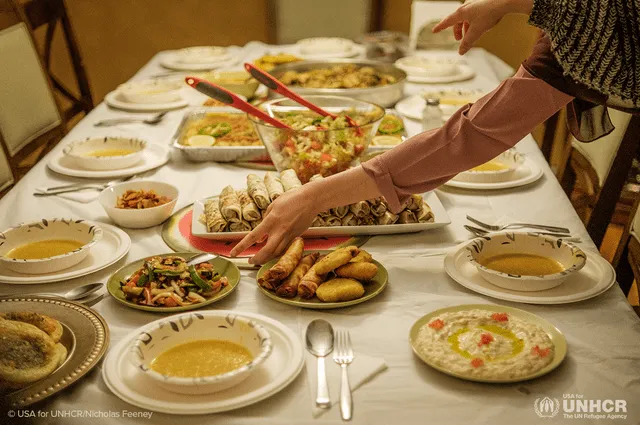Eid al-Fitr moon sighting in Saudi Arabia: What you need to know about the holiday celebration
Discover when Eid al-Fitr will be celebrated in Saudi Arabia based on the moon sighting, and learn about the customs and traditions associated with this joyful holiday.

As the holy month of Ramadan comes to a close, Muslims around the world eagerly await the announcement of Eid al-Fitr, the festival that marks the end of their fasting period.
In Saudi Arabia, the exact date of Eid is determined by the sighting of the moon, making it a key event for both religious and cultural communities. This year, the expected start of Eid is on or around March 30, though the precise date depends on the moon sighting.
What does the moon have to do with Eid al-Fitr?
The moon has a very crucial role for Eid al-Fitr due to its dictation of the end of Ramadan and the beginning of the festival. Two of the holiest cities according to Muslims: Mecca and Medina, follow a strict lunar calendar where the moon's visibility is the most important factor.

Eid al-Fitr marks the end of fasting. Photo: UNHCR
The sight of the crescent moon is very important for this festival. If it's seen on March 30, Muslims will celebrate Eid the next day, Monday, March 31, 2025. However, the official confirmation will not happen until the moon sighting.
Eid traditions and celebrations
Eid al-Fitr is not only a time for reflection and spiritual renewal, but also a moment for joy and celebration, and these traditions are not an exception.
- Special prayers: Eid begins with a special prayer in mosques or in open spaces, joined by large crowds as a communal act of gratitude and a symbol of unity.
- Family gatherings and food: Family is a really important aspect of these celebrations, as homes filled with relatives and traditional food is the norm. Dishes like lamb or goat are very common during this time of the year.
- Charity: The practice of giving is essential on this holiday. Before the prayer mentioned at the beginning, Muslims are required to pay Zakat al-Fitr, to help the less fortunate.
- New clothes: Among families with children, it is very common to wear new clothes for the occasion to symbolize renewal and celebration. Also, some adults often give Eidiya to children, which are cash gifts to younger family members.













